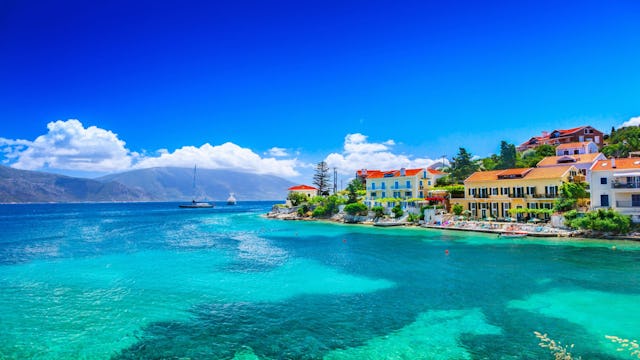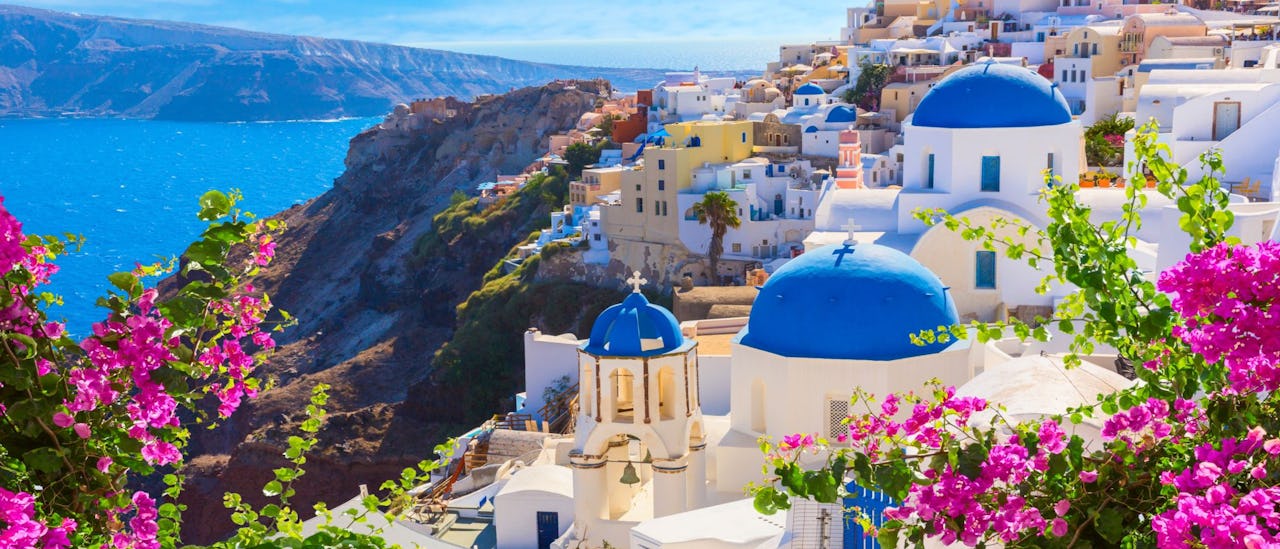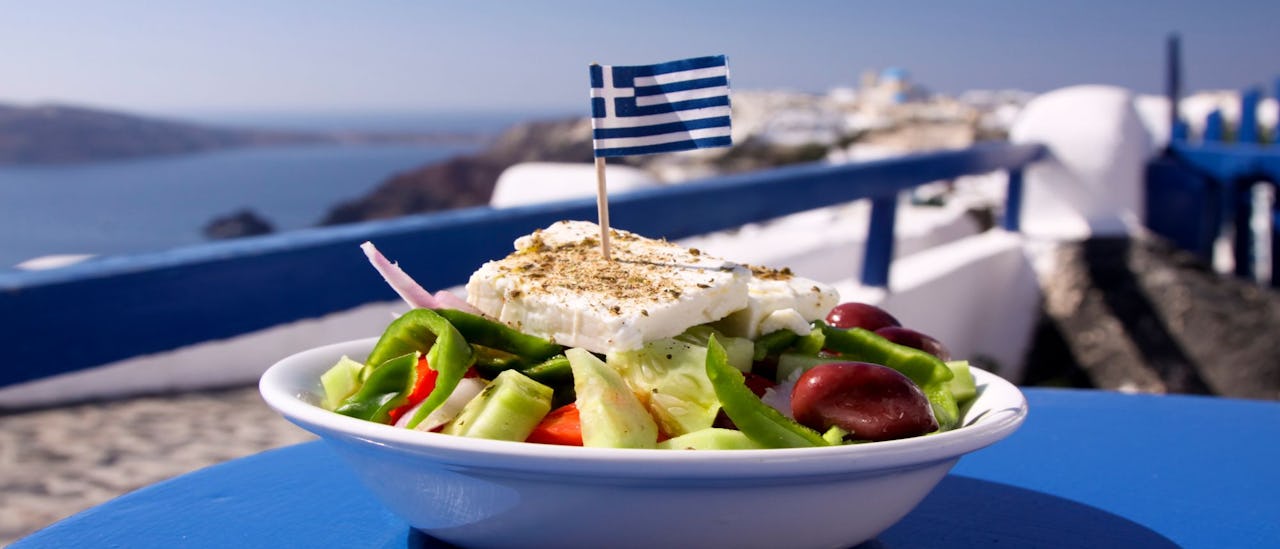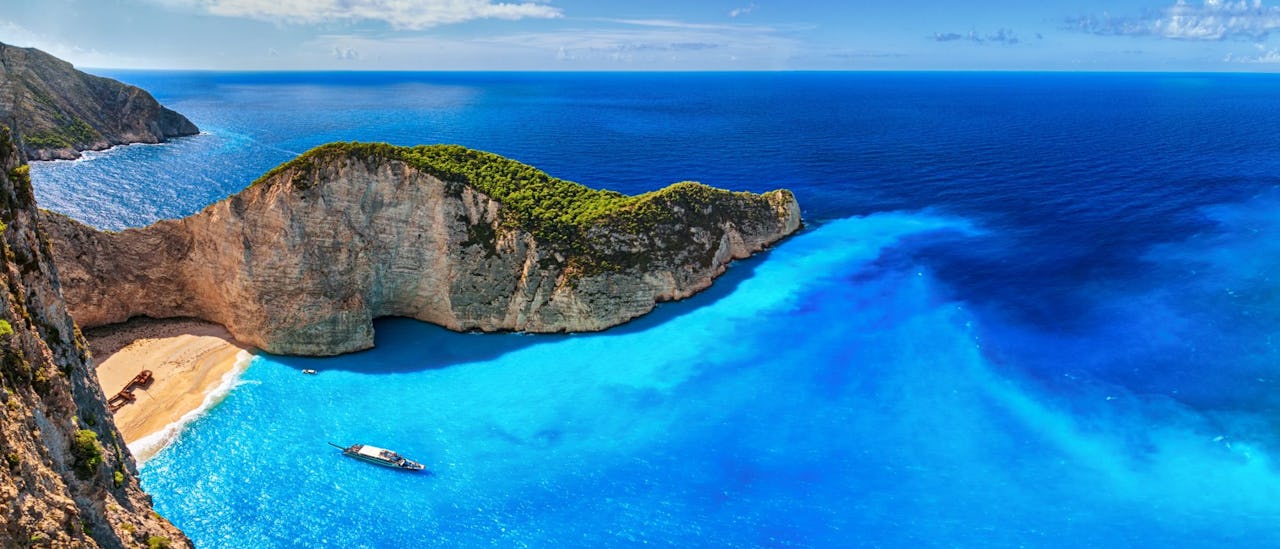Where is Greece?
Greece is located in southeastern Europe, at the southern end of the Balkan Peninsula. It is bordered by Albania, North Macedonia, and Bulgaria to the north, and by Turkey to the east. The Aegean Sea lies to the east of mainland Greece, the Ionian Sea to the west, and the Mediterranean Sea to the south. Greece also includes several islands in the Aegean, Ionian, and Mediterranean Seas.







